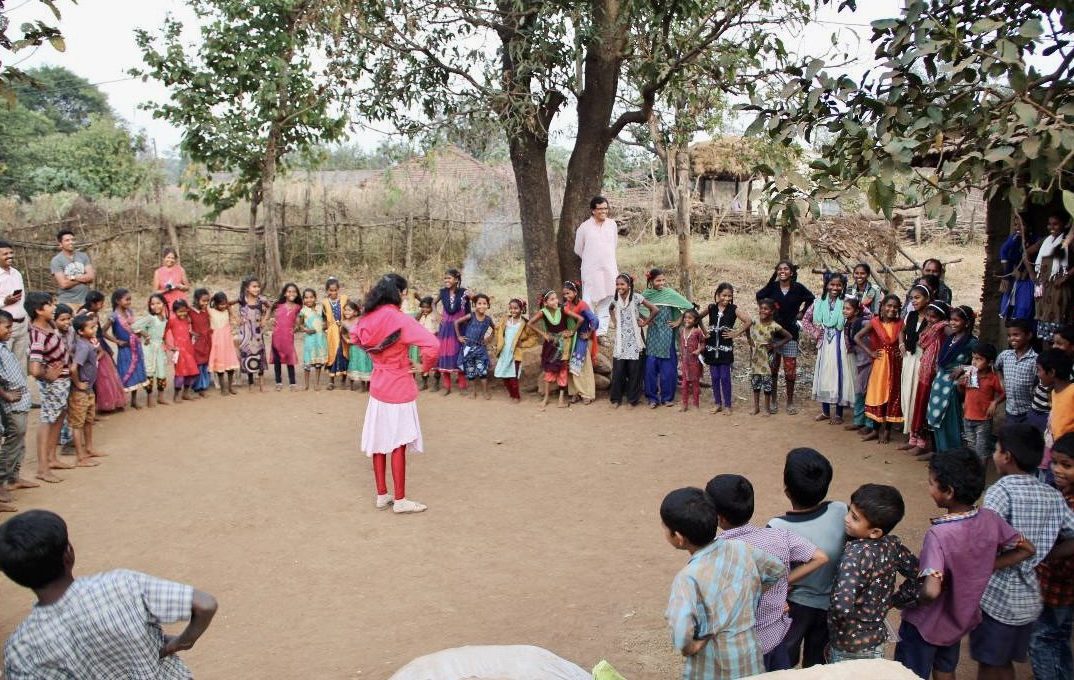Dignity, Freedom and Justice – a Distant Reality for Millions Worldwide

The dignity of a person is the foundation of freedom and justice. 17th October 2022 marked the International Day for the Eradication of Poverty. The theme for the 30th year is “Dignity For All in Practice.”
Every day, millions of children, men and women are denied the right to live in dignity and participate fully in society. This means the right to be valued, respected, and treated ethically, without discrimination, regardless of gender, race, sexual orientation, age, religion, national, ethnic or social origin or disability. It means the right to livelihood, decent working conditions, adequate housing, food and nutrition, clean drinking water, health care, quality education, the right to be free from exploitation and abuse, and access to justice.
Reports of widening inequality within and between countries, abuse, violence, exploitation and discrimination, and weaknesses in laws and policies to protect people, are all too familiar.
- 1.3 billion men, women, and children live in multidimensional poverty; almost half of the children and young people are trapped in a cycle of poverty, exploitation and abuse (Oxford-UNDP, 2021).
- 811 million people do not have enough food (FAO, 2021).
- 2 billion people still live without safe drinking water, and 3.6 billion without safely managed sanitation (WHO and UNICEF, 2021).
- 160 million children are in child labour, of which 79 million are in hazardous work in the complex supply chains in the manufacture and production of fashion, mobile phones, make-up, carpets, toys and jewellery, fruit and vegetables, chocolate, coffee, and cotton (ILO, 2020).
- 736 million women have been subjected to physical and sexual intimate partner violence, non-partner sexual violence, or both at least once (WHO, 2018).
In a globalised socio-economic, cultural and environmental ecosystem, what has become clear is the impact on individuals, families and communities, the challenges and opportunities to ensure everyone’s right to live in dignity and participate fully in society is realised in law, policy and practice.
Internationally the right to live with dignity is rooted in several International treaties such as the UN Declaration on Human Rights, the International Covenant on Economic, social and cultural rights and the United Nations Conventions on the Rights of a child and many others. Governments have signed up to commit themselves to realise these rights for everyone. Governments have made promises and pledged to create an equal society. They have agreed to specific Sustainable Development Goals (SDGs) that include lifting people out of poverty (SDG 1), ending gender inequality and discrimination (SDG 5), and ending modern slavery, exploitation and abuse (SDG 8), by 2030.
However, these promises, pledges and rights remain a distant reality.
To guarantee dignity for all in practice requires us to look beyond shining a light on the problems and raising awareness. This means identifying, examining and addressing the root causes and systemic failures in law, policy and practice of governments, businesses, and international statutory and voluntary institutions. Governments across the globe must develop social protection systems and progressive legal frameworks for stakeholder responsibility to respect human rights, and to hold to account those who must protect every child, woman and man against abuse and exploitation.
Worldwide, people are coming together in solidarity, raising their voices on the erosion of their human rights and the unfairness of the systems that keep them in poverty, despite the growing wealth. National and international non-governmental organisations and civil society bodies, in addition to highlighting the extent of the problem, are reaching out and collaborating across stakeholder groups to seek solutions.
It’s a Penalty, a UK-based charity with a global impact, works in partnership with the sports, travel & tourism industry, NGOs and law enforcers, collaboratively harnessing the power of sport to help end human trafficking, exploitation and abuse of children and vulnerable adults. It advocates for reform of legislation and systems to improve the protection of children across country borders throughout the Commonwealth.
Poverty, inequality, and lack of access to essential services are offences against every child and adult’s dignity and integrity. This day is a reminder and another opportunity to take stock of how far global actors have come in delivering the right measures and raise our voices to support those rights, aspirations and ambitions that have yet to be realised for millions of people. Building an inclusive and equal partnership with local communities and civil society organisations, engaging with and listening to diverse views, needs and aspirations and valuing individual contribution to the economy and society is vital to turn the vision of this future into reality.
Written by Bharti Patel
International Human Rights Advocate and Trustee of It’s a Penalty
Social Media Profile @Bharti_PatelM
